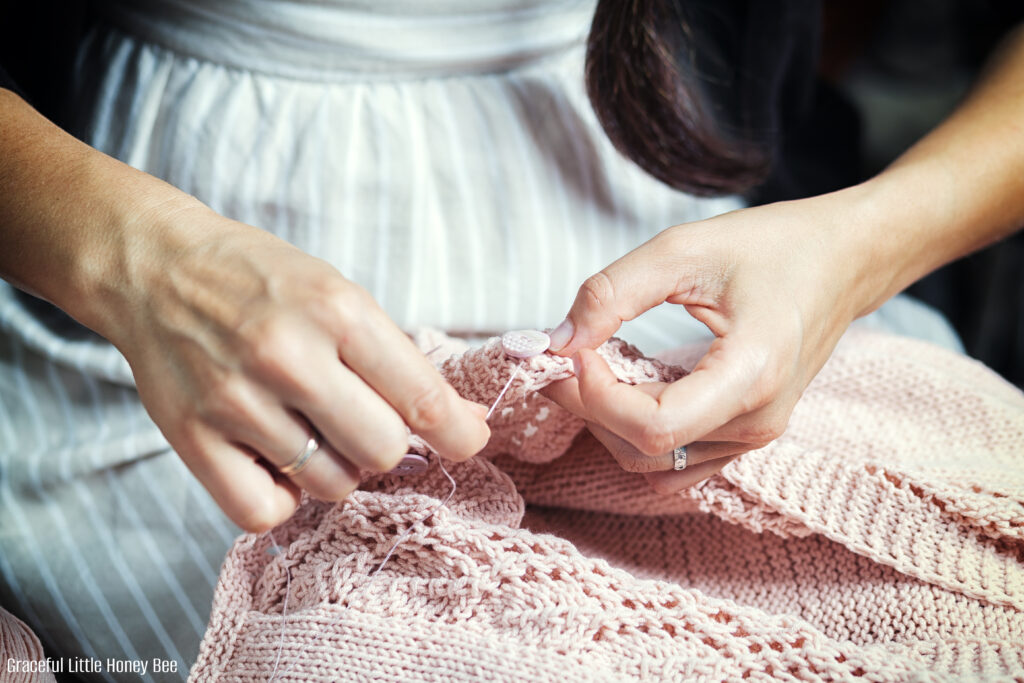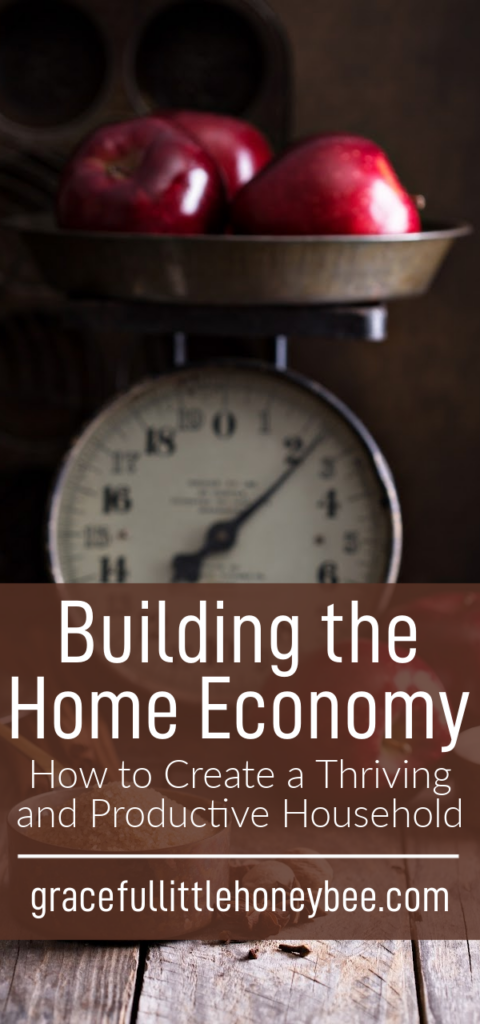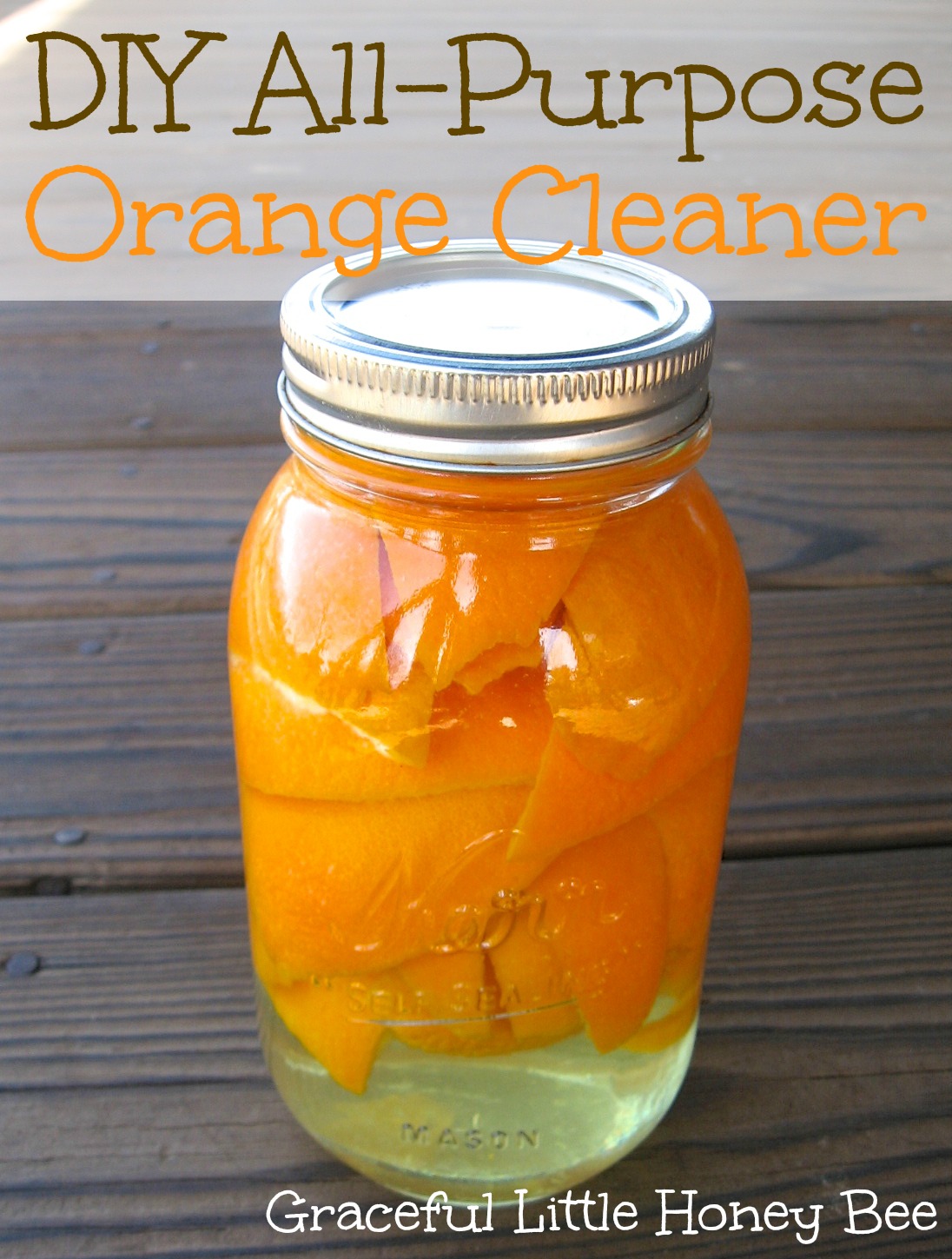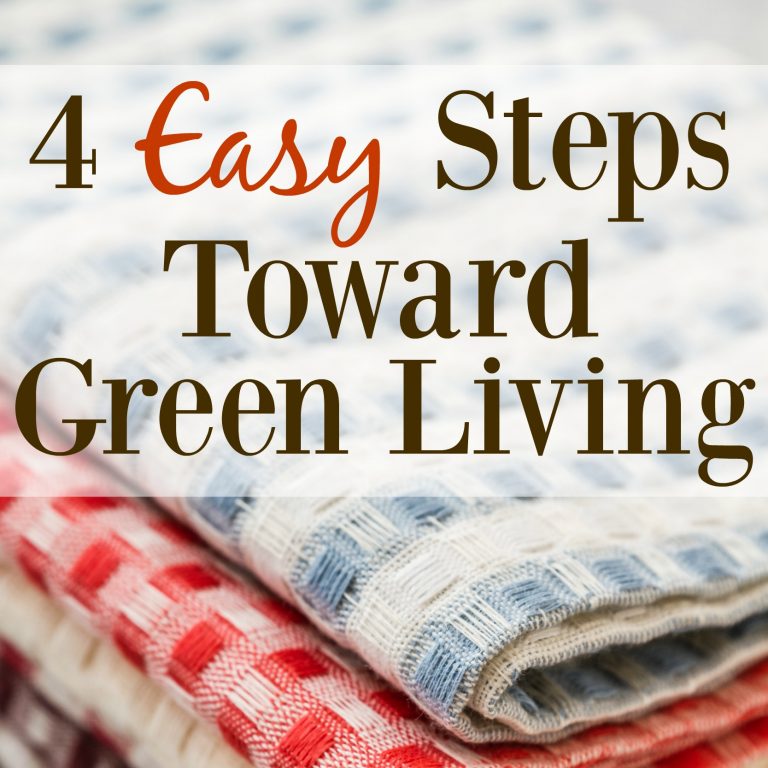Building the Home Economy: How to Create a Productive Household

What comes to mind when one uses the word economy?
According to Britannica, the term economy is defined as, “the process or system by which goods and services are produced, sold, and bought in a country or region“.
If you’re like most modern folk, economy makes you think of goods and services being produced and sold at a national or global level, but I’m here to make the argument that modern life has hijacked the term from the home and family where it all began and I think that it would be beneficial to bring this concept to the forefront of more people’s lives. I want families to think more about building the home economy.
According to the 1828 Webster Dictionary, the definition of economy is, “Primarily, the management, regulation and government of a family or the concerns of a household“.
“The welfare of any group is based upon a combination of efficient production and wise consumption.”
Louise Stanley (1925)
Follow Graceful Little Honey Bee on:
Pinterest | Facebook | Instagram | YouTube
Productive Households of the Past
Before the industrial revolution, households and families had a thriving economy all on their own. They worked together to create and produce goods for the betterment of the household and women were at the forefront of it all.
Just think about how the Proverbs 31 woman conducted her household. She was buying, selling, trading and producing all within the sphere of home. This is what a home economy or productive household is all about. She is the perfect example of what building a home economy looks like.
A thriving home economy was the norm right up until the last century. If you needed vegetables, you grew them. If you needed a new dress, you made it. If you needed medicine, you foraged and created your own. People did what they could for themselves and it all centered around home.
Fast forward to modern life, where everything can be purchased or outsourced. Machines and technology are great. I am personally grateful to live at a time with life-saving medical care or where laundry can be done without backbreaking labor each week, but at what point do we stop relying so much on machines and use our own two hands to create and produce like we were made to do?
You can buy peeled oranges for crying out loud. Are we so busy and important in our modern lives that we don’t have the time to peel an orange for our snack? I think not.
Are Modern People Happy?
In modern western societies, people are showing symptoms of stress, anxiety and depression at alarming rates. Could it be that part of the problem is lack of values and purpose?
Young people especially are struggling and I believe that it’s the lack of a value system to guide them and purposeful work to make them feel important and needed.
What important work are young people given today? Generally, the only work that they have is to go to school, but what are they asked to contribute to family life? Do they feel that they are truly needed?
We were all created to work, including young people. It gives us meaning, purpose and actually makes us enjoy our leisure time more. What if we could reduce our stress and anxiety by working with our hands and being more productive in our households?
I think if we relied more on our own creativity to meet needs, rather than simply buying another product, it would do wonders for us all.
How to Cultivate a Productive Home Economy
So if a home economy is the production and management of resources within a home, how can you start the practice of being a household with a robust, productive economy?
The place to start is to take a look at the resources that are available to you, including money, time, land and skills that you can turn a profit on, so to speak.
I’m not necessarily referring to a monetary profit or making money. Anything that you can produce that reduces your household expenses is considered a non monetary asset in the household economy.

Non-monetary assets in the household economy:
- Growing as much fruit, vegetables and herbs as possible to replace store-bought.
- Keeping chickens and therefore producing eggs, fertilizer and meat.
- Taking your harvest (or locally grown produce) and preserving your own shelf-stable food.
- Purchasing ingredients from the store and turning them into convenience foods.
- Baking your own bread.
- Learning how to sew, tailor and mend clothing.
- Learning how to crochet, embroider or knit.
- Making your own cleaning products or herbal remedies.
- Cutting your own wood for fuel.
- Cooking from scratch instead of eating out.
- Learning to make your own candles and soap.
- Learning to cut hair for the family.
What About Cottage Industry?
You may be thinking that those ideas are all well and good, but you want to turn a monetary profit on your time and energy.
This is were cottage industry comes into play which is defined as, “a business or manufacturing activity carried on in a person’s home“.
There are numerous ways that you can produce goods or services in your own home. If you need ideas, just think about what skills and resources that you have that other people might be interested in.
Below is a list of ideas to get you started, just keep in mind that each state or region has their own set of rules and regulations for cottage industry, so be sure that you are doing things according to regulation for your area.
Ideas For Making Money at Home:
- Set up a farm stand to sell produce, baked goods and flowers.
- Sell soap or candles.
- Sell crochet or knitted hats and scarves.
- Sell farm fresh eggs.
- Sell loaves of homemade bread.
- Give Music Lessons.
- Set up a carpentry business.
- Sell firewood.
- Sell baby chicks.
- Sell Plant Starts or Cuttings.
I hope these words have given you something to think about. It’s my desire that the concept of a Home Economy becomes more popular, but right now very few people are talking about it or even understand what is means.
Below I will list a few resources that I know about on the topic and if you feel so inclined I would love for you to spread this message on your own social media or websites.
Additional Home Economy Resources:
- The Household Economy – Calico & Twine
- Explaining the Home Economy – Home Will Kelli
- Home Economics: Putting the Family Back into the Economy – American Affairs Journal
- 20 Ways to Create More and Consume Less – Graceful Little Honey Bee








3 Comments